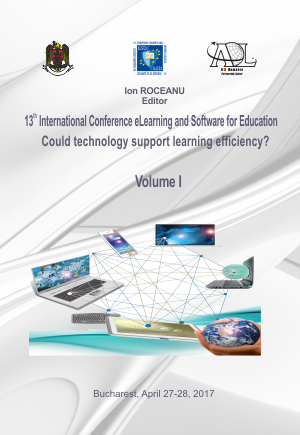"ELECTRONIC SHEET OF PRACTICE" USED IN ROMANIAN STUDENTS' INTERNSHIP ACTIVITIES
"ELECTRONIC SHEET OF PRACTICE" USED IN ROMANIAN STUDENTS' INTERNSHIP ACTIVITIES
Author(s): Luminița POPASubject(s): Social Sciences, Education
Published by: Carol I National Defence University Publishing House
Keywords: Internship project management; students' internship; electronic sheet.
Summary/Abstract: Practice in Romania universities is regulated by the Education Law, which stipulates the students' obligation to perform it. In the case of students' specialty professional practice at economic agents, the Labor Code has also provisions that apply to them. The Labor Code is completed by the other provisions of labor legislation in Romania, in harmony with EU norms and rules of international labor law. The orders of the Ministry of Education on professional practice stipulates that conducting internship in university programs is developed under the Framework Convention between the organizer of practice (university), practice partner (economic agent) and practitioner (student). The Electronic Sheet of Practice (ESP) requires also three different perspectives for student practitioner, faculty member (practice mentor) and economic agent. Using Electronic Sheet of Practic instrument, faculty members practice mentors can post their programs including students' practice results. The existence of such assessment tools and their use in accordance with the law governing the practice of students ensure professional assessment and uniformity of training, fostering their careers accessibility. Such tools, appropriate to each stage of specialty practice development, could be judiciously organized in the European Union countries. The need for such tools, which represent a support unit for the specialty practical training of students, is felt during this period in Romania, which, as its membership of the European Union, must find solutions to meet both commitments and to resolve social problems they face. The educational activities and products of the project, are evaluated favourably by the students who intend to continue their implementation, including in new projects development of the some aspects of the project developed.
Journal: Conference proceedings of »eLearning and Software for Education« (eLSE)
- Issue Year: 13/2017
- Issue No: 01
- Page Range: 491-496
- Page Count: 6
- Language: English

